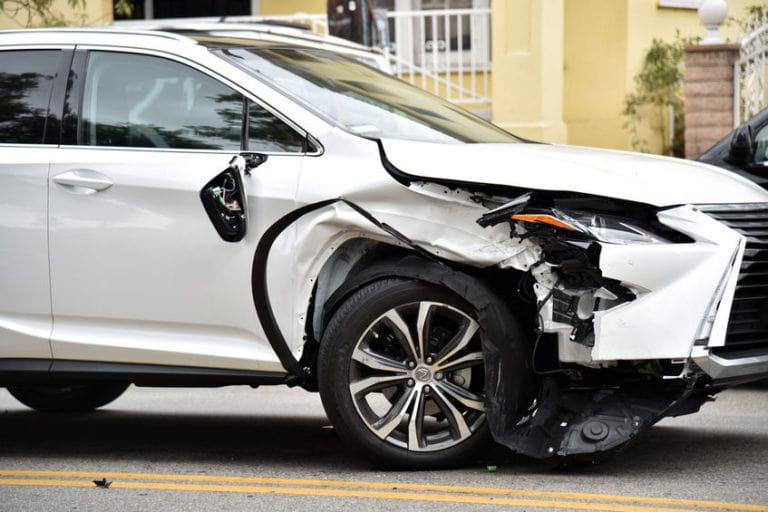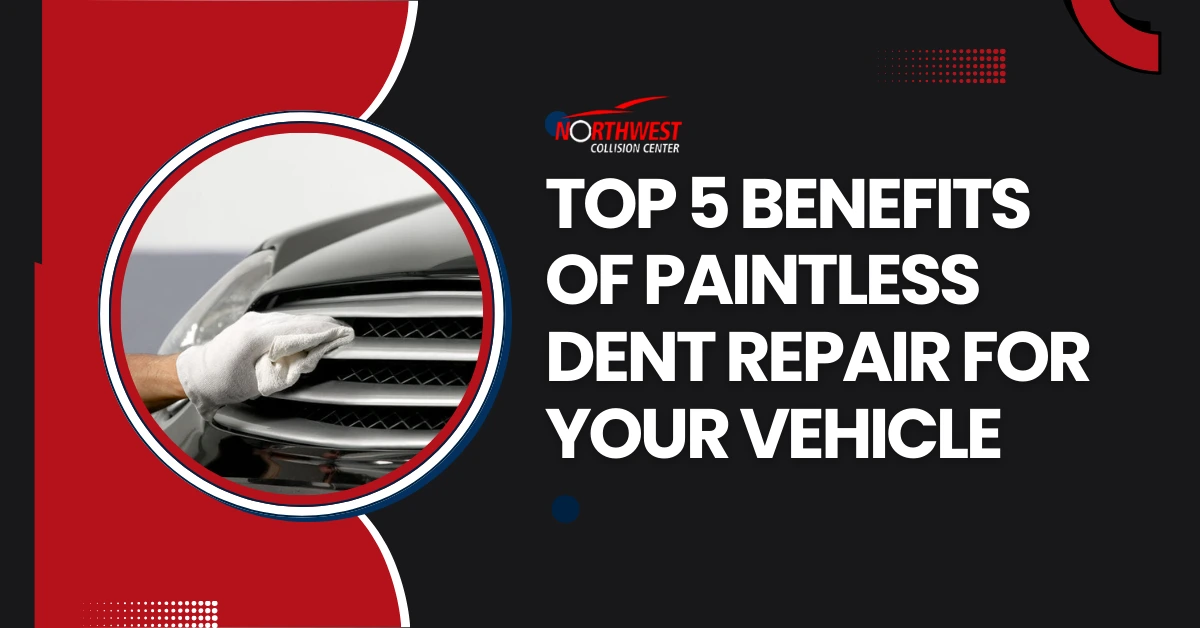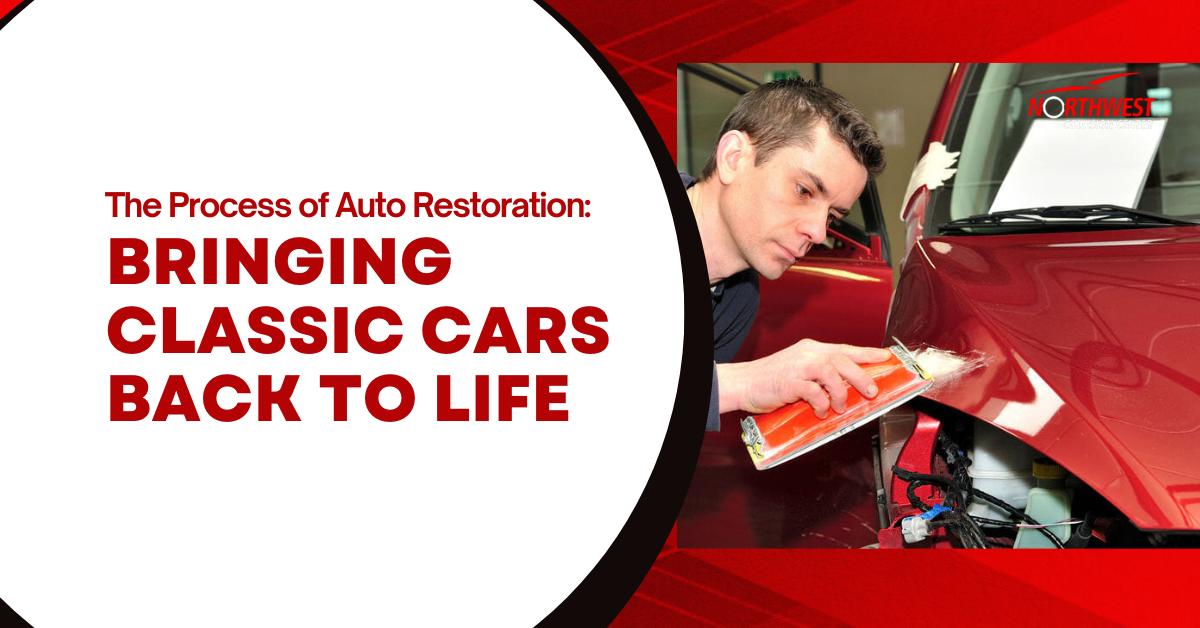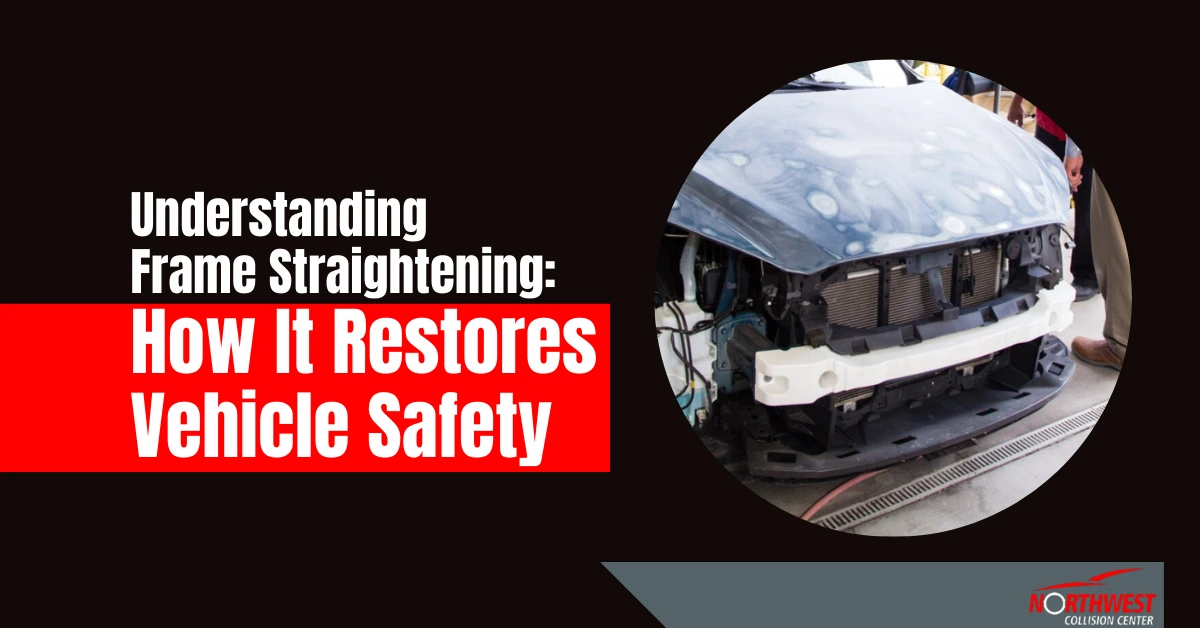Car accidents are incredibly common and can happen for infinite reasons. When a crash happens, even a minor one, it is easy to get flustered and forget to take care of important business. Here, we will consider tips on being prepared for an accident and what you should do right after one occurs.
Be Prepared
Firstly, it’s important to be prepared. Along with a first aid kit, you should always carry some essentials in the car with you, including:
- A Notepad and Pen—These help when you need to take down insurance information, phone numbers, and any other pertinent details.
- Insurance Information—Make copies of your insurance information and keep a copy in the glove compartment.
- Medical Details—Keep copies of your family’s relevant medical details in case the accident is serious.
- Signaling Equipment—Traffic cones, flares, and other similar signaling devices are always handy, especially if the accident happens in a high-traffic area.
I Just Crashed! Now What?
The first thing to do when you are involved in a crash is to call the police, even if the accident isn’t serious. This ensures that there is someone there to mediate interactions between you and the other driver and that the police are able to file a detailed report as soon as possible. After calling the police, you should:
- Self-Check for Injury—Before you move from the driver’s seat, do a quick scan of your body to check for injuries; if in doubt, call an ambulance.
- Stay Calm—You might be upset, but it’s important to remain as calm as possible.
- Move to Safety—If possible, move yourself and/or your car away from any potential danger before helping others.
- Call Your Insurance Company—As soon as possible, call your insurance company to keep them abreast of the situation.
- Comply with Law Enforcement—Police are there to help, so be as polite as possible, and always comply with their requests.
Once the accident has been documented and everyone is free to leave, assess the damage on your car. If needed, call your local tow truck to move your car home or straight to the repair shop if you need auto body repair services.
By being prepared and following our tips, you can minimize confusion, injury, and confrontation caused by a car accident and get back on the road as soon as possible. Drive safely!










